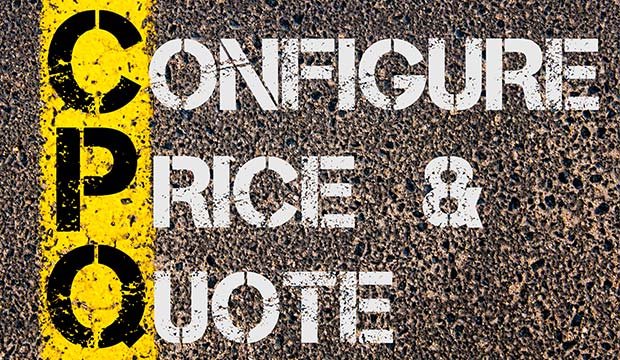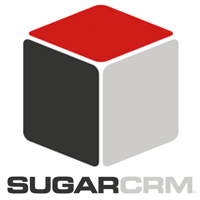Many businesses still don’t use configure, price, quote software in their routine sales processes. Maybe they don’t need it, but for businesses that still cling to spreadsheet-based approaches to track things like price lists and product catalogs, chances are good that they’re dealing with more overhead than they need to. Worse, they’re wasting time and therefore money.
The choice between quote accuracy and timeliness is a false dichotomy. Today you need to have both, or risk always being the best second choice.
Businesses without CPQ have to check and recheck quotes before they go out the door adding delay and the potential for error. All businesses need to update and edit their catalogs and price lists periodically, but without a CPQ system, they also need to ensure that the right, or current, documents are being used — a never-ending task.
As a result, these businesses have to focus on mechanical quote generation rather than the overall quote to cash process (QTC), which is more interesting and way more profitable. Following are some of the top reasons that CPQ automation is no longer optional for your business.
CPQ’s Advantages
1. Fast, Convincing Proposals. CPQ helps you think faster and clearer, so that you can be one of the first vendors in the sales cycle to put a proposal before a customer. CPQ lets you propose quickly and with confidence, knowing that your proposal will be complete and compliant with your catalog, price list and other business rules. It also gives you the ability to reconfigure quickly, which often is needed.
2. Lower risk. Standardized quotations take the risk out of giving the house away with an errant quote, making it possible for reps to do their own quoting, thus reducing cycle time. Rather than having sales managers review all quotes — a time-consuming process — CPQ enables vanilla quotes to speed along while alerting managers to those that need review.
3. Accelerated revenue. Faster and more accurate quotes help ensure that your offer will be on top of the stack when decision time comes.
4. Better billing. CPQ enhances billing, when the two systems are well integrated, by providing an exact itemized list of purchased goods and services for your billing system. Exact copies of quotes can go to the billing department automatically, so that when they are accepted and a deal closes, there’s no wasted time producing an accurate bill — and far fewer disputes too. For multiple-part deals, CPQ provides clear itemization of what’s promised and what’s already delivered.
5. Visibility through analytics. A database of quotes is fertile ground for assessing concretely what works well and what doesn’t in your sales process, thus helping in the never-ending quest to improve it. However, that’s another big data problem unless you have a system that can provide the analytics. Bonus points for a CPQ solution that is integrated with your overall CRM, for a deeper view of the sales process, not just the close. Analytics also can flag for review those quotes that stray from accepted rules.
6. Cloud-based, mobile first platform. If you’re lucky enough to be using a modern CPQ tool, your quotes can be available on multiple screens — from the CFO’s desktop to the sales manager’s phone — thanks to modern cloud infrastructure. This ubiquity enables better team selling and faster closes no matter where your team is operating.
CPQ Evolution
Modern CPQ evolved from applications that replaced spreadsheets. Those systems were often expensive and time consuming to operate, though, so they were used primarily by big companies with complex rules and large catalogs.
Times have changed and business has accelerated. Modern CPQ, with its small footprint on multiple devices, cloud capabilities, and built-in AI, now can address a larger audience of businesses in a competitive landscape.
Experienced sales people know there is no silver bullet for advancing every sales process, but they also know the importance of staying competitive. That’s why CPQ that can run on your mobile phone, and that integrates with other key systems like CRM, SFA and billing, is no longer a wish list item for most businesses.
Professional services companies have their own analogous issues that are resolved using systems with functionality similar to CPQ, but that’s a topic for another time.

























































